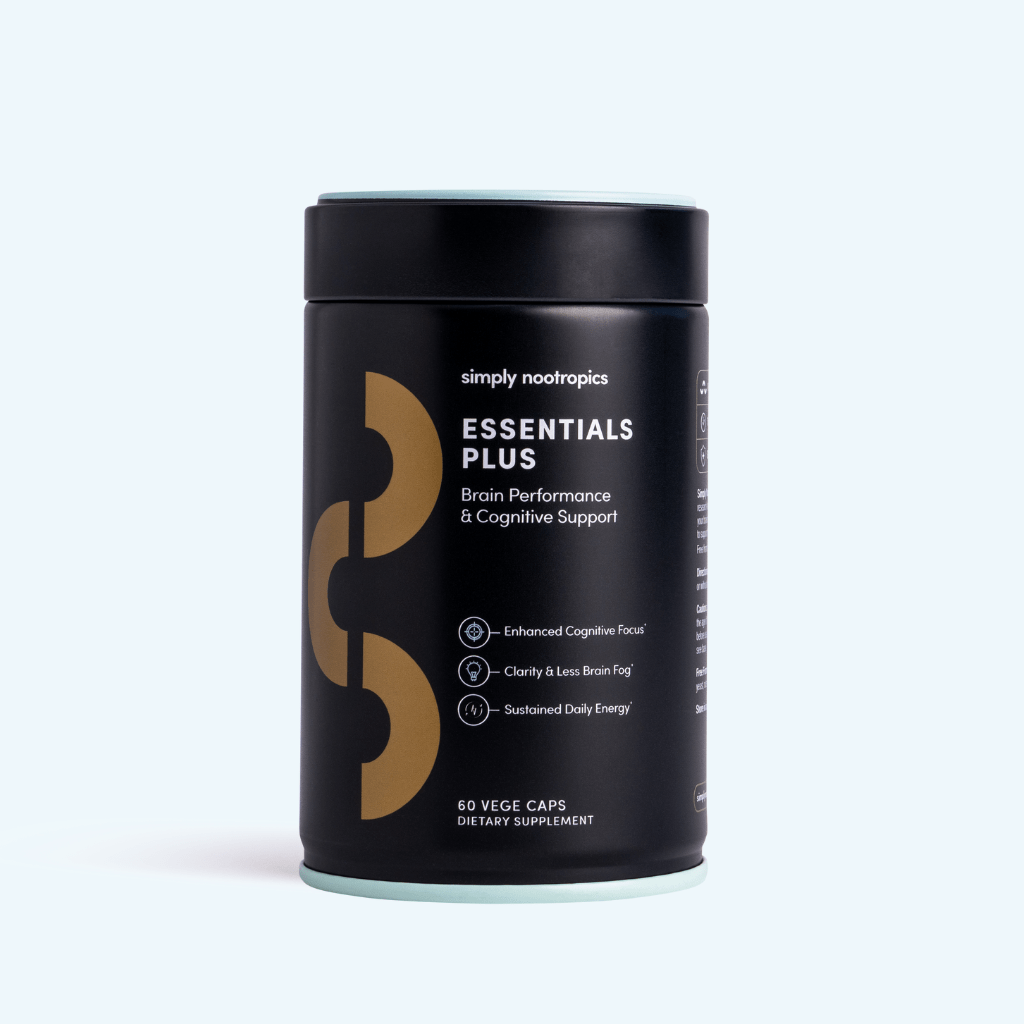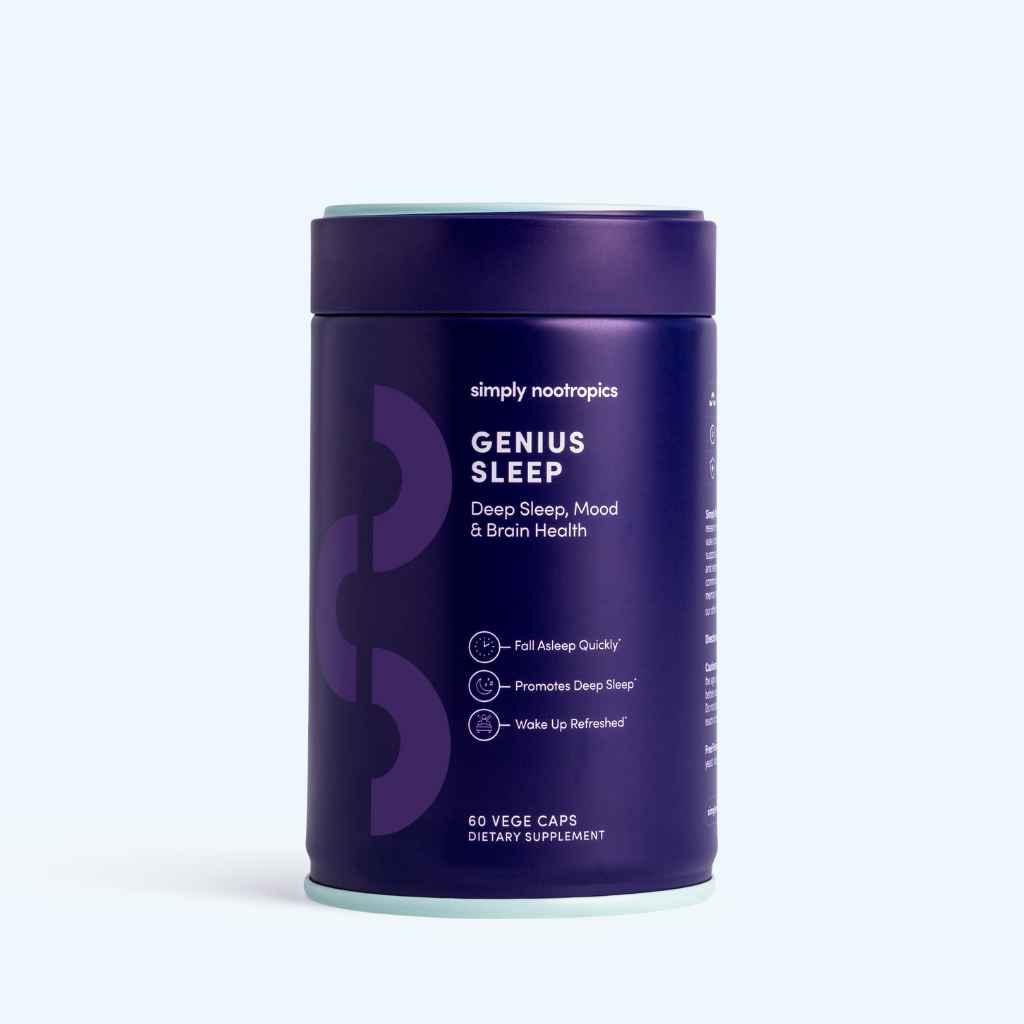When we talk about “plastic brains,” we refer to an ability called (as you might guess) neuroplasticity, which is the brain's capacity to reorganise itself by forming new neural connections throughout life. Adaptive neuroplasticity basically means that your brain is like a half-written book, with each new experience adding a new chapter or even rewriting existing ones. This ongoing process helps the brain adapt to new situations, learn fresh information, and recover from injuries, making sure that our "book" is always evolving and improving its narrative.
This not only shows us how amazing the brain is, but also gives us a clear path to improve our lifestyle with some practical, clear strategies. By making mindful choices to engage in wellness practices that boost neuroplasticity, we can improve our mental and emotional health. Regular exercise, mindfulness practices, mental challenges, and building social connections are just a few ways we can take charge of our brain's well-being. Let’s see in detail how all of these influence neuroplasticity.
Going Into The Science
As we mentioned above, neuroplasticity refers to the brain's ability to change and adapt as a result of experience. According to research, adaptive neuroplasticity happens at different levels, going from cellular changes (involving individual neurons) to large-scale cortical remapping. These changes can result from both positive experiences, like learning a new skill, and negative experiences, such as stress or trauma. Let us get a bit specific here, to understand all the different levels of change:
- Cellular Level: at this level, changes happen in individual neurons, which can communicate either better or worse with each other. Long-term potentiation (LTP) and long-term depression (LTD) are examples of these changes and are crucial for brain plasticity and memory.
- Structural Level: structural plasticity involves changes in the number and arrangement of synapses (connections between neurons), dendritic branches (neuron extensions), and even the size of certain brain regions. It’s incredible, but these changes can even be seen through brain imaging, and are often linked to learning new skills and adapting to new experiences. Thank Duolingo for that nice new brain picture!
- Functional Level: functional plasticity is the brain’s ability to shift functions from damaged areas to healthy areas. This is especially important for recovery from brain injuries, like strokes, where undamaged parts of the brain take over the functions of the damaged parts.
Positive and Negative Influences on Neuroplasticity
- Positive Experiences: doing activities like learning a new language, playing a musical instrument, or exercising can help the brain form new connections, grow neuron extensions, and create new neurons. These activities release brain-friendly chemicals like BDNF that support neuron growth and survival, which are essential for cognitive enhancement.
- Negative Experiences: chronic stress, trauma, and negative environments can harm the brain's ability to adapt. High levels of stress hormones like cortisol can reduce neuron growth and connections, leading to problems with thinking and emotions. Thankfully, wellness practices like mindfulness, therapy, and having a supportive environment can help counter these negative effects.
Importance of Neuroplasticity
Let’s try to understand now why adaptive neuroplasticity is crucial for various brain functions:
- Memory and Learning: the ability to form and reorganise synaptic connections allow us to learn and remember new information.
- Recovery from Brain Injuries: adaptive neuroplasticity allows the brain to reorganise and compensate for lost functions due to injury or disease, helping with recovery and rehabilitation.
- Adaptation to Change: it’s because of our brain's plastic nature that we can adapt to new environments, learn new skills, and develop resilience against stress and adversity.
How Lifestyle Changes Influence Neuroplasticity
Here's our take: since we know what influences neuroplasticity, we can actually make a difference with some lifestyle tweaks. And given how crucial adaptive neuroplasticity is for our brain functions, it’s definitely something worth focusing on:
- Physical Exercise
Regular physical exercise is one of the best ways for boosting neuroplasticity, and promoting active ageing. It improves the production of factors that help grow and differentiate new neurons and synapses. Aerobic exercises like running, swimming, and cycling have been shown to improve cognitive function and promote brain flexibility.
- Mental Stimulation
Keeping your brain active with challenging activities is key to forming new neural pathways. Learning a new language, playing musical instruments, solving puzzles, and engaging in strategic games are all great activities to stimulate the brain and improve cognitive function.
- Mindfulness and Meditation
Mindfulness practices and meditation can also improve emotional regulation and cognitive flexibility by changing brain structure and function. Studies show that wellness practices like mindfulness meditation increase grey matter density in areas linked to learning, memory, and emotional regulation. Meditation also shrinks the amygdala, the brain region involved in stress and anxiety responses.
- Healthy Diet
Eating a balanced diet rich in essential nutrients really supports brain health and neuroplasticity. Omega-3 fatty acids, found in fish, flaxseed, and walnuts, are very important for maintaining neuronal function and promoting synaptic plasticity. Antioxidants from fruits and vegetables protect the brain from oxidative stress, while vitamins like B-complex, vitamin D, and vitamin E also improve cognitive function.
- Social Interaction
This one might surprise you, but positive social interactions also boost brain activity and help form new connections. Having meaningful conversations, participating in group activities, and building strong social networks not only will improve your mood, but also keep your mind sharp, especially if you’re an older adult.
- Sleep
Getting enough quality sleep is also very important for neuroplasticity. During restorative sleep, the brain consolidates memories and clears out toxins, which supports overall brain health. Aim for 7-9 hours of sleep per night to keep your brain functioning at its best.
- Supplements
Last but not least, certain supplements also support neuroplasticity. For example, Ginkgo Biloba is a herbal supplement that has been used for centuries to improve cognitive function. Not only does it improve blood flow to the brain, it also helps enhance memory, attention, and overall cognitive performance. NMN, too, is a great tool to support brain energy levels, promote neuronal health, and enhance cognitive function.
Simply Nootropics offers both NMN Powder, and Ginkgo Biloba in our Essentials, so you can improve mental health and cognitive function through real lifestyle changes that can happen now. By incorporating these supplements, along with physical exercise, mental stimulation, wellness practices, a healthy diet, and positive social interactions into your daily routine, you will enhance your brain's plasticity and overall well-being. Use this knowledge well and let neuroplasticity take care of your brain health today.














